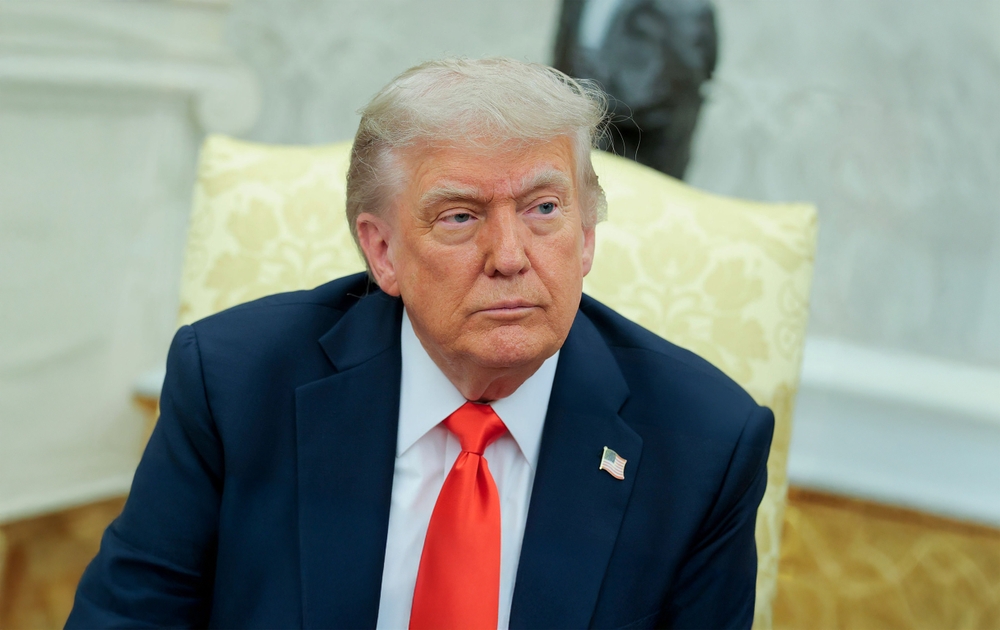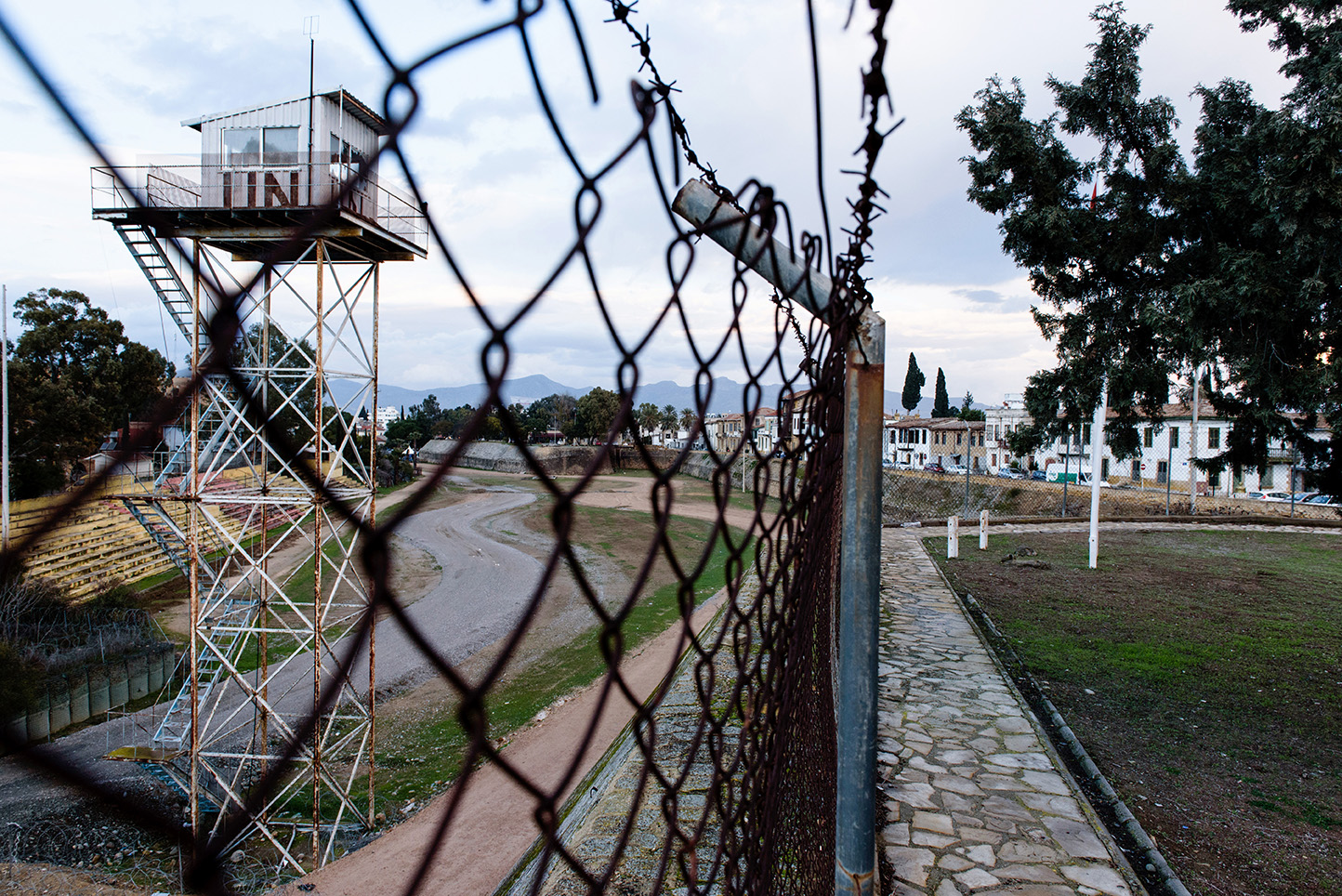Trump hosts Aliyev-Pashinyan summit, announces peace in reach
In what has been described as a historic event, Yerevan and Baku moved closer towards peace this month at a trilateral meeting hosted and facilitated by U.S. President Donald Trump. His counterparts from Armenia and Azerbaijan, Nikol Pashinyan and Ilham Aliyev, said they would nominate him for the coveted Nobel Peace Prize

Trump-ospita-il-vertice-Aliyev-Pashinyan-1
Donald Trump © Brian Jason/Shutterstock
Armenia and Azerbaijan took another step toward normalising relations on 8 August in a less than usual setting, the White House. Though the sides have met in Washington D.C. before, they have never done so at the level of the leaders.
In their first-ever trilateral meeting, Armenian Prime Minister Nikol Pashinyan, Azerbaijani President Ilham Aliyev and U.S. President Donald Trump signed a seven-point declaration outlining their commitment to finalising a long-awaited peace treaty.
The Armenian and Azerbaijani foreign ministers, Ararat Mirzoyan and Jeyhun Bayramov, also initialed a 17-point Agreement on Peace and Establishment of Interstate Relations. While this move cements the draft’s contents, finalised in March, two conditions must be met before signing and ratification can occur: dissolving the now-defunct OSCE Minsk Group, that prior to the war in 2020 had mediated between the sides, and removing a controversial preamble from the Armenian constitution.
That is unlikely to happen until the middle of next year or afterwards. Nonetheless, sides did issue a joint request to disband the OSCE Minsk Group at the meeting with Trump.
In another significant development, now that is has been initialled, the details of the draft treaty were publicly released on 11 August. The sides appear to have made sufficient progress for many to believe a lasting and sustainable peace is within reach.
This includes mutual recognition of territory and borders, continued border delimitation and demarcation, renouncing territorial claims, the non-use of force, non-interference in each other’s internal affairs, establishing diplomatic relations, a commitment not to allow third-country troops on the shared border, and to address the issue of missing persons from the conflict that has now lasted over three decades. A bilateral commission will monitor compliance.
One of the more striking points in the joint declaration was the announcement of the Trump Route for International Peace and Prosperity (TRIPP), a transit link between mainland Azerbaijan and its Nakhchivan exclave via Armenia. Previously more commonly known as the Zangezur Corridor, though Armenia always opposed the name, the route would be established by granting American companies exclusive development rights for up to 99 years.
How it will actually function as yet remains unclear but discussions were reportedly expected to start last week. When the 44-kilometre route is expected to function is also unknown. Russia initially voiced opposition to the U.S. role, warning that Armenia and Azerbaijan remain bound to a trilateral working group on unblocking regional transportation that includes Moscow. In Yerevan, the opposition accuses Pashinyan of conceding sovereignty, a claim the government denies.
While both Aliyev and Pashinyan stressed that more steps are necessary before a peace agreement can be signed, Aliyev said he is confident Yerevan will amend its constitution to allow ratification by mid-2026.
The declaration also paved the way for a new U.S.–Azerbaijan Strategic Partnership Charter, and the suspension of Section 907 of the 1992 U.S. Freedom Support Act, a measure restricting direct financial aid to Baku usually anyway waived since 2001.
The summit drew broad praise from the international community including the EU, UK, NATO, and even Iran, though Tehran cautioned against “geopolitical changes” on its border with Armenia.
Russia and Iran are both seen as potential spoilers, and Iranian President Masoud Pezeshkian is expected in Yerevan soon. More hardline officials in Tehran have been more militant in their responses though Yerevan is currently dissuading their concerns.
Not unexpectedly, the Armenian opposition, seeking to use the normalisation process against Pashinyan ahead of next year’s vote, claim that the government has crossed its own claimed red line, granting Azerbaijan unimpeded passage without reciprocal arrangements for Armenia when one day traveling through Nakhchivan.
However, Armenia’s first president, Levon Ter-Petrosyan, whose Armenian National Congress (ANC) is in opposition to Pashinyan, was more cautious in his response. It is not possible to conclude anything from the D.C. meeting until its provisions are implemented, he told media. Given that the pre-election environment in the country is already tense, those details are essential.
Nonetheless, both Aliyev and Pashinyan seemed content with the results, announcing that they would nominate Trump for a Nobel Peace Prize, something that he firmly has his sights on.
Armenia and Azerbaijan have never been closer to a peace deal than they are today. Moreover, Iran and Russia will have to be accommodated somehow to avoid disrupting any settlement. For now, the omens look promising although there are still ten months left until the parliamentary elections in Armenia when anything could happen.
A survey conducted in June by the International Republican Institute (IRI) found that 47 percent of respondents supported a deal with Azerbaijan. Another 10 percent could not answer the question until they saw the provisions of the treaty.
At time of writing, there has been no additional survey to compare now that the agreement was simultaneously released by the Armenian and Azerbaijani foreign ministries a week ago.









